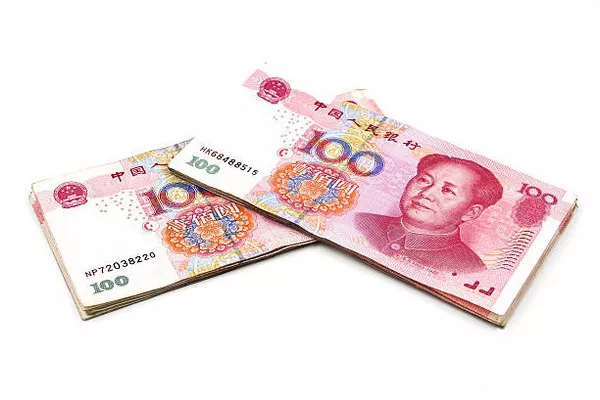The global energy landscape has been witnessing significant shifts in recent years, with geopolitical and economic factors playing a crucial role in shaping the dynamics of oil trade. One noteworthy development that has garnered attention is the speculation surrounding the possibility of Saudi Arabia, the world’s leading oil exporter, considering the sale of oil to China in yuan instead of the traditional U.S. dollar. This potential move has the potential to reshape the international monetary and energy markets, impacting various stakeholders. In this article, we will delve into the factors driving this speculation and analyze the potential implications for both Saudi Arabia and China.
Historical Context
For decades, the U.S. dollar has been the dominant currency in the global oil trade, with most transactions conducted in dollars. This arrangement has provided the United States with significant economic advantages, such as the ability to finance its deficits and maintain the value of its currency. However, recent geopolitical tensions and economic considerations have prompted major players, including China and Russia, to explore alternatives to the U.S. dollar in their trade agreements.
China’s Growing Influence
China, as the world’s second-largest economy, has been actively seeking to enhance the international status of its currency, the yuan (Renminbi). Over the years, China has taken steps to internationalize the yuan, including establishing currency swap agreements, encouraging its use in international trade, and creating the necessary infrastructure for offshore yuan transactions. This strategic approach aligns with China’s broader goal of reducing its dependence on the U.S. dollar and asserting itself as a global economic powerhouse.
Saudi Arabia-China Relations
Saudi Arabia has been a key player in the global oil market, holding significant influence over oil prices and production levels. Traditionally, Saudi Arabia has priced and sold its oil exclusively in U.S. dollars, maintaining close ties with the United States. However, recent developments suggest a potential shift in this long-standing arrangement, with Saudi Arabia exploring the option of accepting yuan as a payment currency from China.
One of the driving forces behind this potential shift is the deepening economic and strategic partnership between Saudi Arabia and China. As China’s energy demands continue to rise, Saudi Arabia has become an essential supplier of oil to the Chinese market. In recent years, the two nations have strengthened their ties through various agreements and investments, including the establishment of the Saudi-Chinese Joint Investment Fund.
Economic Diversification in Saudi Arabia
Saudi Arabia’s consideration of accepting yuan for oil sales is also influenced by its ambitious economic reform agenda, known as Vision 2030. Under Vision 2030, the Saudi government aims to diversify its economy, reduce its dependence on oil revenue, and attract foreign investment. By exploring alternative currencies, such as the yuan, Saudi Arabia may seek to broaden its economic relationships and reduce its vulnerability to fluctuations in the U.S. dollar.
Potential Implications
If Saudi Arabia were to sell oil to China in yuan, several implications would unfold on the global stage. One of the most immediate effects would be a further erosion of the U.S. dollar’s dominance in the oil trade. This could trigger a cascade effect, encouraging other oil-producing nations to explore alternative currencies for their transactions. The U.S. dollar’s status as the world’s primary reserve currency could be challenged, impacting the stability of global financial markets.
China’s Push for a Multipolar World
For China, a shift toward yuan-denominated transactions in the oil trade aligns with its broader geopolitical ambitions. By promoting the use of the yuan in international transactions, China aims to challenge the existing economic order and establish a multipolar world. This move could enhance China’s influence in global financial institutions and provide it with greater leverage in economic negotiations.
Challenges and Risks
While the potential benefits of selling oil to China in yuan are evident, there are also challenges and risks associated with such a move. The yuan’s status as a fully convertible and freely traded currency is still evolving, and concerns about its stability and liquidity may arise. Additionally, both Saudi Arabia and China would need to navigate potential resistance from other major stakeholders, including the United States and traditional allies in the Middle East.
See Also What Currency Does China Want?
Conclusion
The speculation surrounding Saudi Arabia’s potential shift toward selling oil to China in yuan reflects the evolving dynamics of the global energy and monetary markets. As economic and geopolitical landscapes continue to change, nations are exploring new avenues to safeguard their interests and assert their influence. While the path to yuan-denominated oil transactions may be fraught with challenges, the potential benefits for both Saudi Arabia and China, in terms of economic diversification and geopolitical influence, cannot be ignored. The world will be closely watching these developments, as they have the potential to reshape the balance of power in the international arena.


